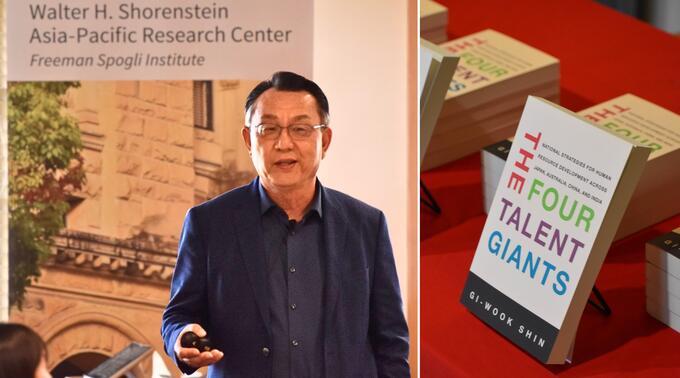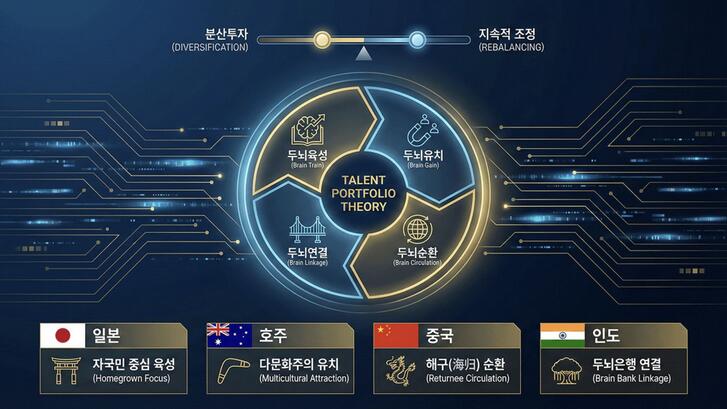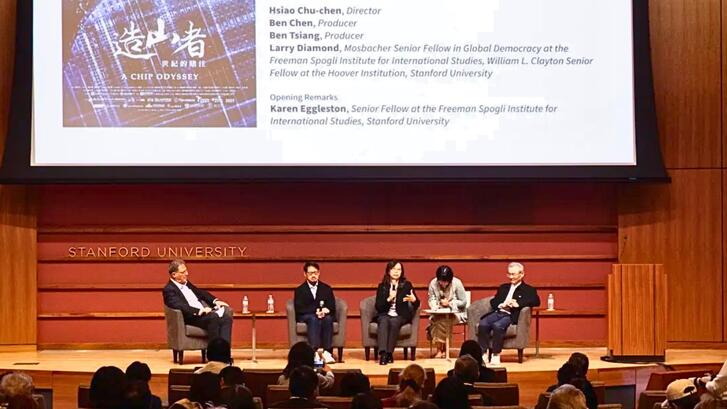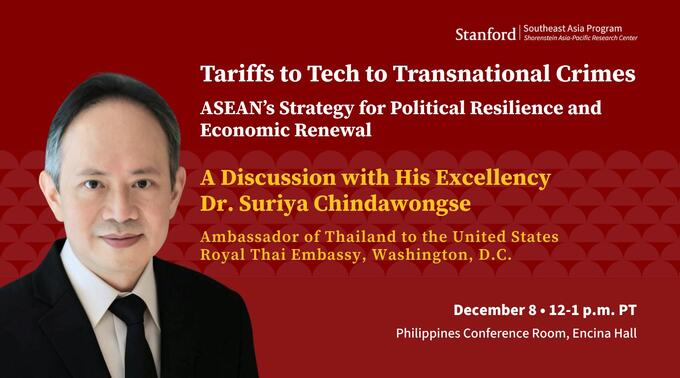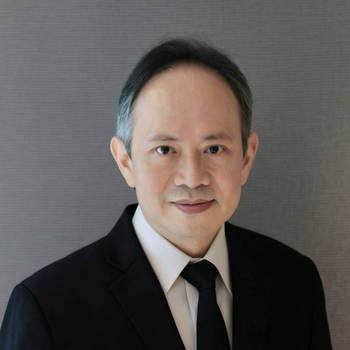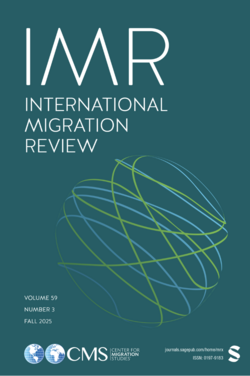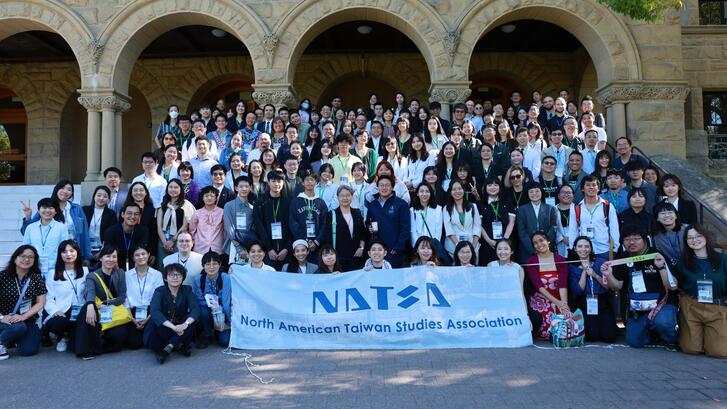The Walter H. Shorenstein Asia-Pacific Research Center (APARC) is pleased to invite applications for a suite of fellowships in contemporary Asia studies to begin in fall quarter 2026.
The Center offers postdoctoral fellowships that promote multidisciplinary research on Asia health policy, contemporary Japan, and contemporary Asia broadly defined, as well as postdoctoral fellowships and visiting scholar positions with the Stanford Next Asia Policy Lab and a visiting fellow position on contemporary Taiwan. Learn more about each opportunity and its specific application requirements:
2026-27 Asia Health Policy Program Postdoctoral Fellowship
Hosted by the Asia Health Policy Program at APARC, the fellowship is awarded to one recent PhD recipient undertaking original research on contemporary health or healthcare policy of high relevance to countries in the Asia-Pacific region, especially developing countries. Appointments are for one year beginning in fall quarter 2026. The application deadline is December 1, 2025.
2026-27 Japan Program Postdoctoral Fellowship
Hosted by the Japan Program at APARC, the fellowship supports research on contemporary Japan in a broad range of disciplines, including political science, economics, sociology, law, policy studies, and international relations. Appointments are for one year beginning in fall quarter 2026. The application deadline is December 1, 2025.
2026-27 Shorenstein Postdoctoral Fellowship on Contemporary Asia
APARC offers two postdoctoral fellowship positions to junior scholars for research and writing on contemporary Asia. The primary research areas focus on political, economic, or social change in the Asia-Pacific region (including Northeast, Southeast, and South Asia), or international relations and international political economy in the region. Appointments are for one year beginning in fall quarter 2026. The application deadline is December 1, 2025.
2026-28 Next Asia Policy Postdoctoral Fellowships and 2026-27 Visiting Fellow Positions
The Stanford Next Asia Policy Lab (SNAPL) is committed to addressing Asia's emergent social, cultural, economic, and political challenges. Housed at Shorenstein APARC, the lab is led by Korea Program Director Gi-Wook Shin.
SNAPL invites applications for two postdoctoral fellowships (two years in length) to begin in fall quarter 2026. There are four fellowship tracks, and applicants can apply for any of them: "Talent Flows and Development,” "Nationalism and Racism," "U.S.-Asia Relations," and "Democratic Crisis and Reform." Each postdoctoral fellow will lead one thematic research group and support student programming for SNAPL alongside general research and publication activities. The deadline to apply for the 2026-2028 postdoctoral fellowships is December 1, 2025.
SNAPL also offers two visiting fellow positions (one year in length) to begin in fall quarter 2026. These positions are open to researchers and professionals from the Asia-Pacific region who hold a PhD or a substantial record of achievement related to the Lab's four research themes. One of the two positions will be specifically dedicated to research on the Philippines. The deadline to apply for the 2026-2027 visiting fellow positions is March 1, 2026.
2026-27 Taiwan Program Visiting Fellowship
Hosted by the Taiwan Program at APARC, the fellowship is awarded to one mid-career to senior-level expert with extensive experience studying contemporary Taiwan. The fellowship research focus is on issues related to how Taiwan can meet the challenges and opportunities of economic, social, technological, environmental, and institutional adaptation in the coming decades, using a variety of disciplines, including the social sciences, public policy, and business. The application deadline is March 1, 2026.

 FSI researchers consider international development from a variety of angles. They analyze ideas such as how public action and good governance are cornerstones of economic prosperity in Mexico and how investments in high school education will improve China’s economy.
FSI researchers consider international development from a variety of angles. They analyze ideas such as how public action and good governance are cornerstones of economic prosperity in Mexico and how investments in high school education will improve China’s economy.